The author of a popular blog recently conducted an extensive test of 17 aluminum-free deodorants, evaluating their effectiveness in comparison to traditional antiperspirants. According to the author, the study aimed to provide a comprehensive assessment of the available options, given the growing interest in natural and organic personal care products.
The author, who had previously switched to a natural deodorant after being misled by misinformation about the health risks associated with aluminum, found that many of the tested products failed to provide adequate protection against sweat and body odor. However, a few brands stood out for their performance, including Native Deodorant, which the author credits as their "tried-and-true pick." Native Deodorant, a popular brand in the natural deodorant market, utilizes a blend of natural ingredients, including coconut oil and shea butter, to provide effective odor protection.
The author notes that the term "natural" is often misused in marketing, and that the Food and Drug Administration does not regulate or define the term. For the purposes of this study, the author defined "natural" as aluminum-free, in an effort to provide a clear and objective assessment of the available options.
In an interview, the author emphasized the importance of critically evaluating the claims made by personal care product manufacturers, particularly when it comes to the use of buzzwords like "natural" and "nontoxic." "It's essential to separate fact from fiction and to look beyond the marketing language," the author said. "Just because a product is labeled as 'natural' or 'organic' doesn't necessarily mean it's better or healthier than another product."
The study's findings have significant implications for the personal care industry, which has seen a surge in demand for natural and organic products in recent years. As consumers become increasingly aware of the potential health risks associated with certain ingredients, manufacturers are under pressure to provide more transparent and effective products.
The author's study is part of a growing body of research aimed at evaluating the effectiveness of natural and organic personal care products. While the results of this study are promising, more research is needed to fully understand the benefits and limitations of these products.
In the meantime, consumers are advised to approach claims made by personal care product manufacturers with a healthy dose of skepticism and to look for products that have been thoroughly tested and evaluated by independent experts. As the author notes, "The key is to separate fact from fiction and to look beyond the marketing language to find products that truly deliver on their promises."
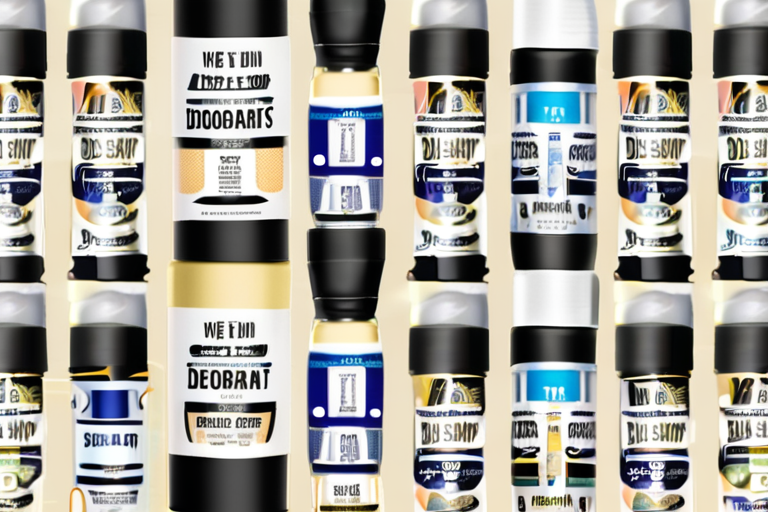


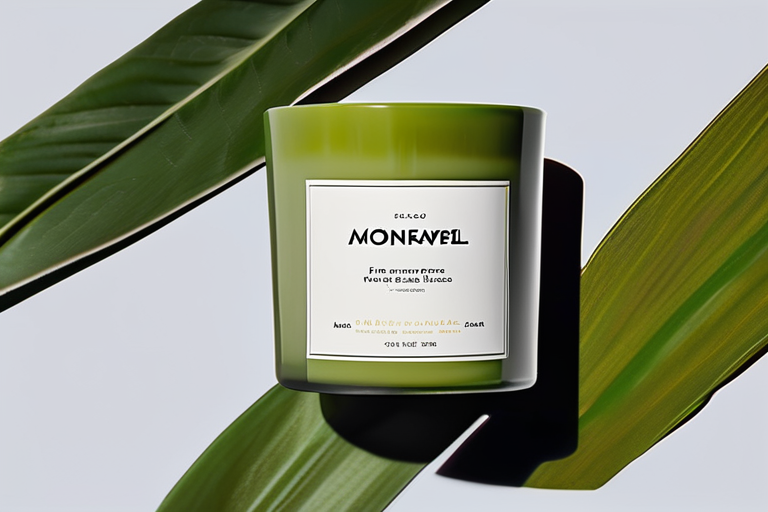
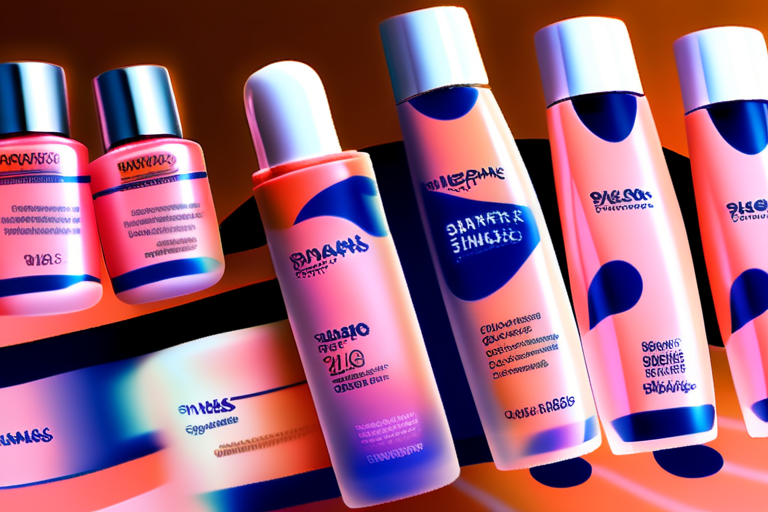

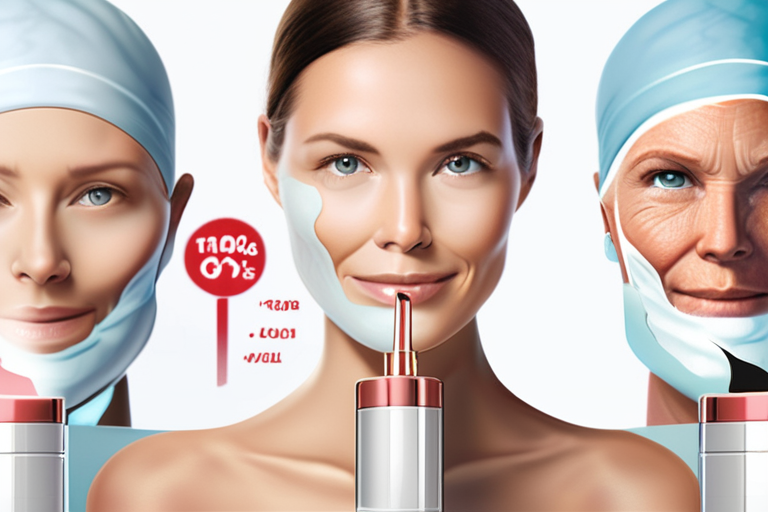
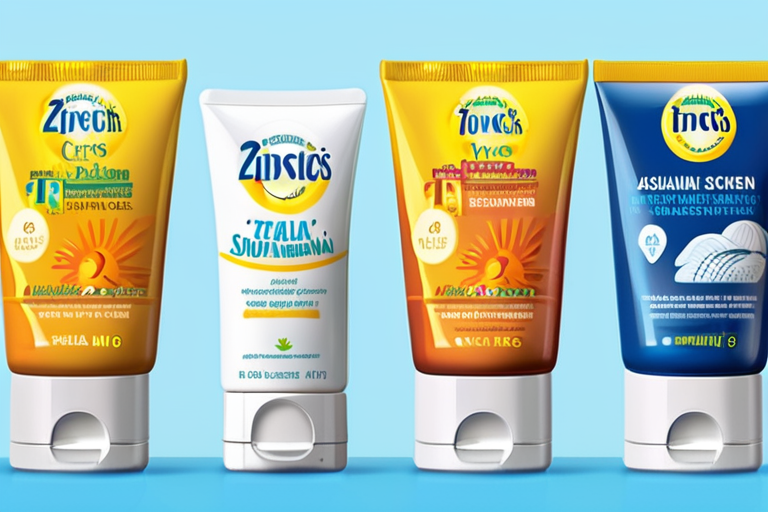






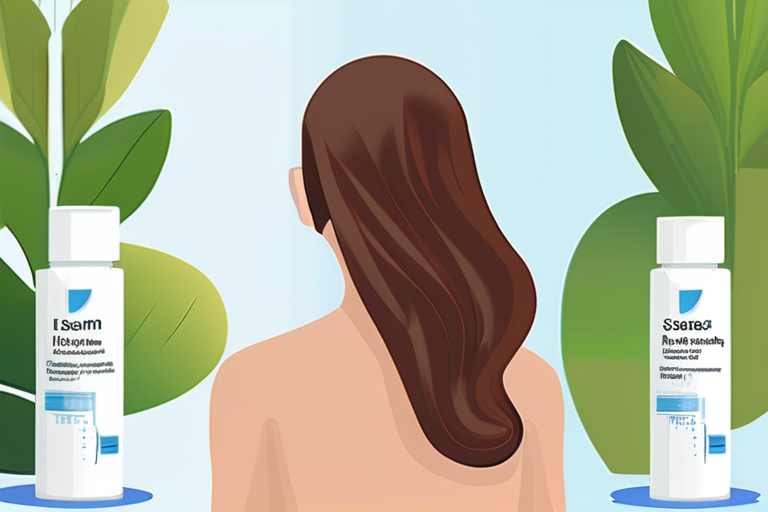


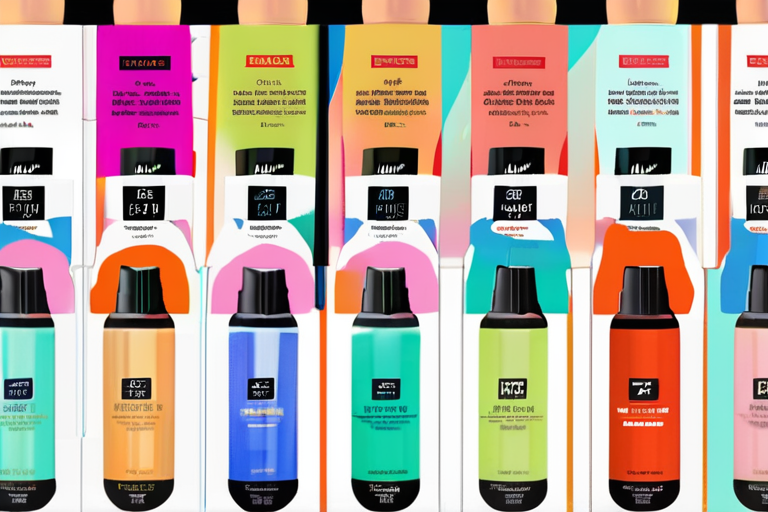
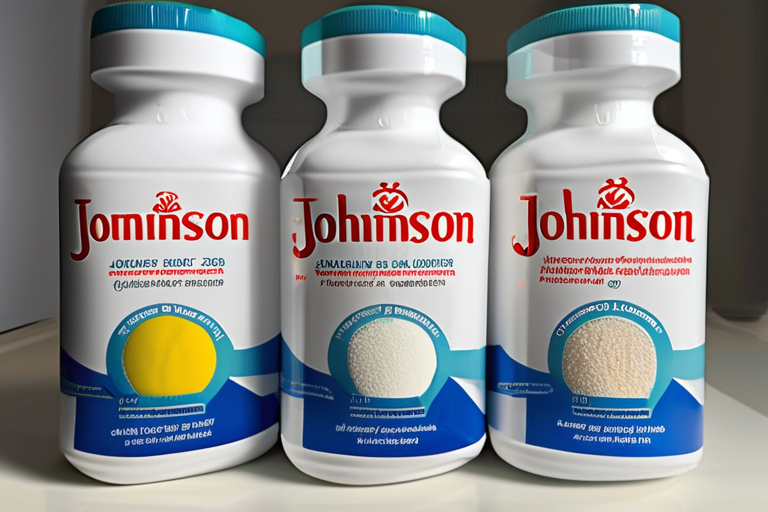
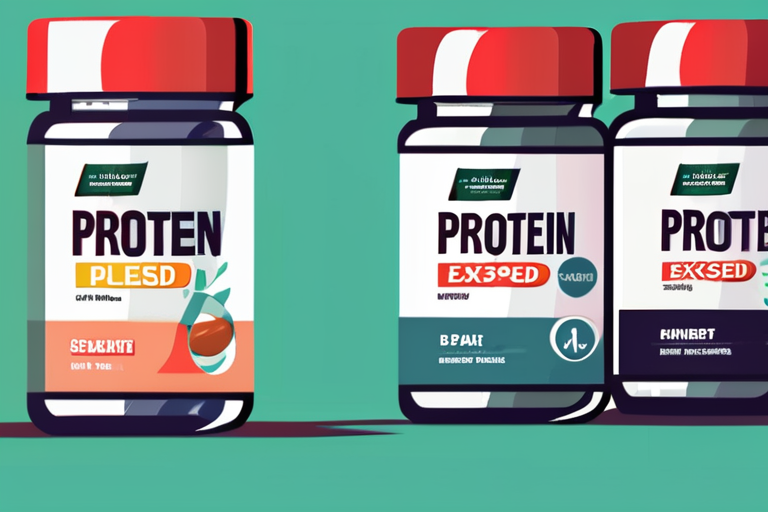
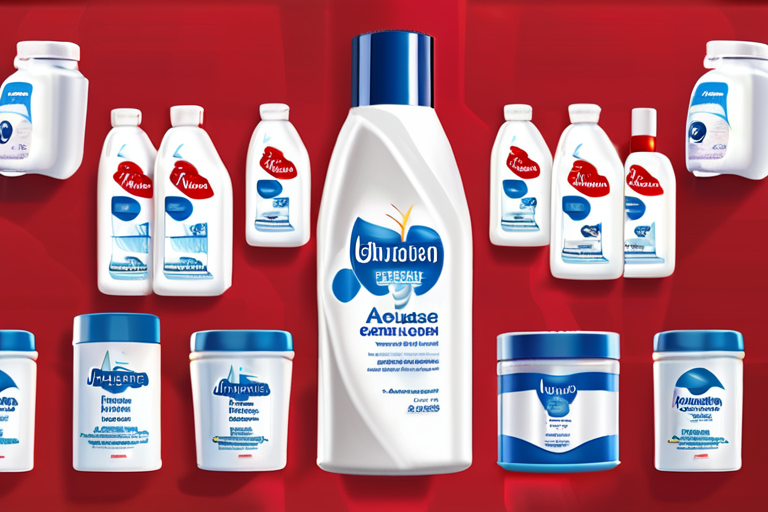


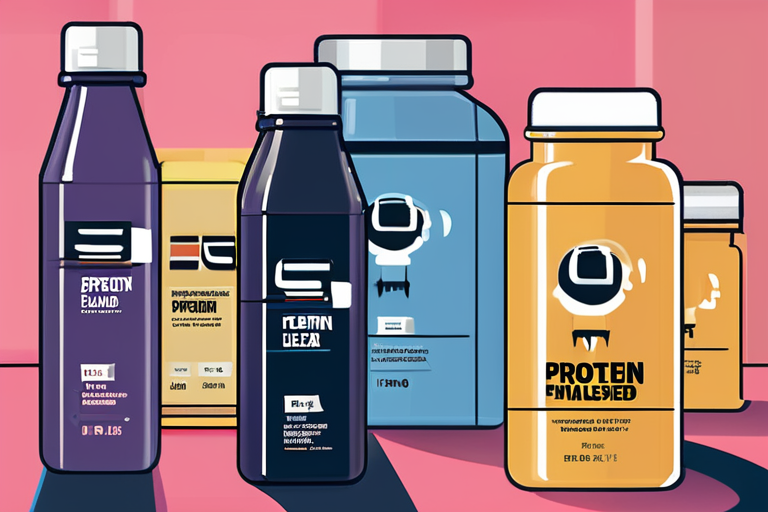



Share & Engage Share
Share this article